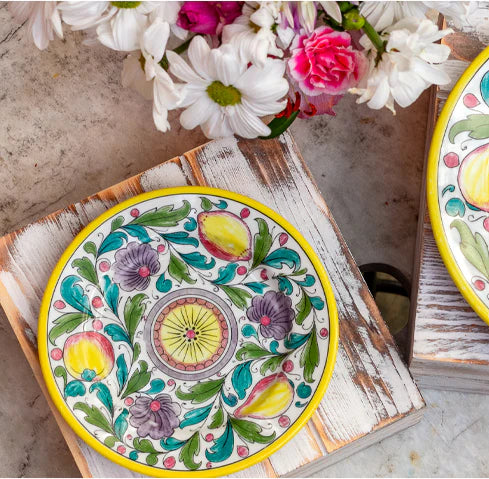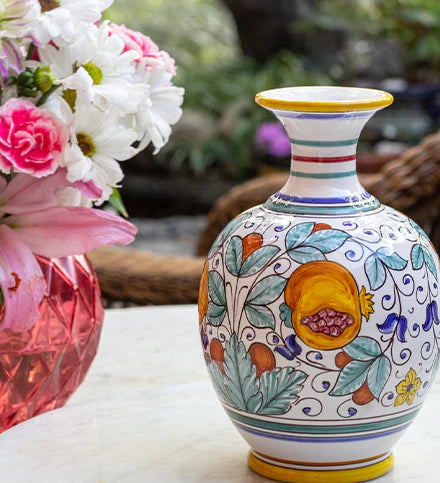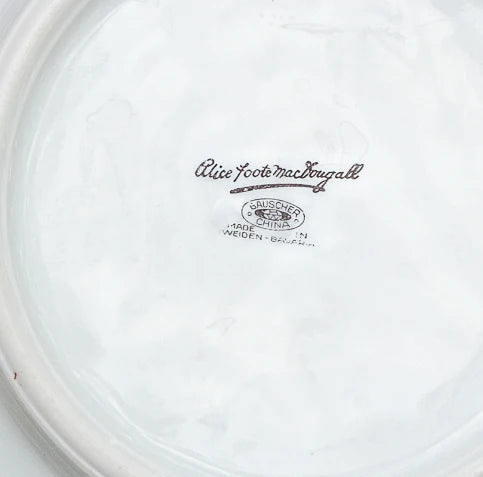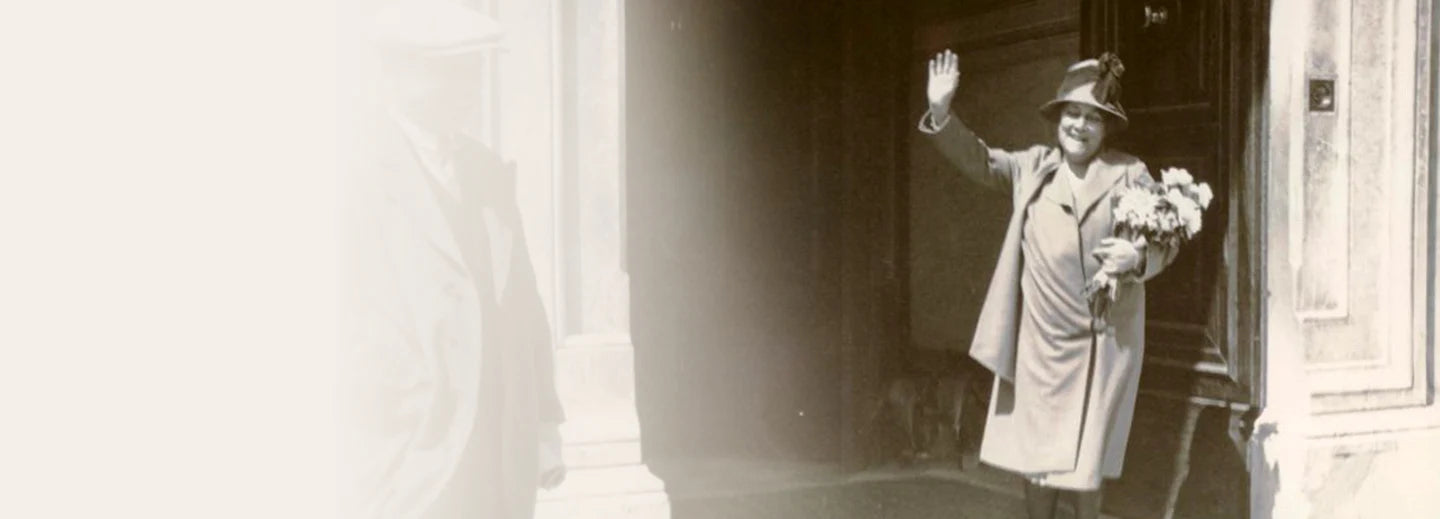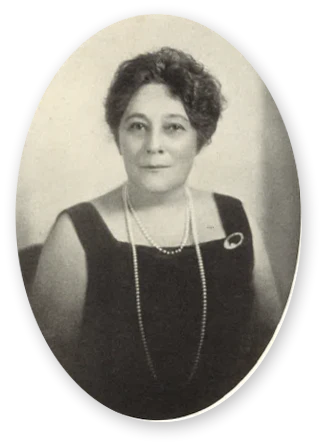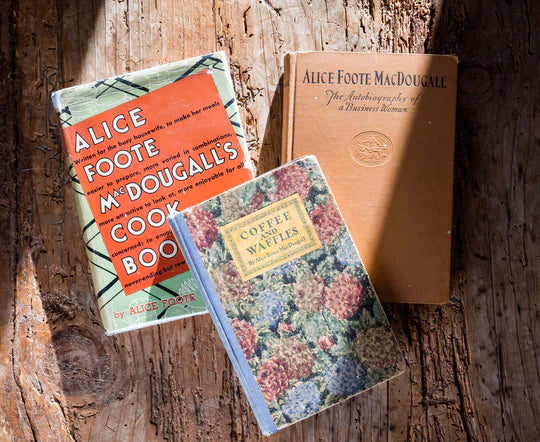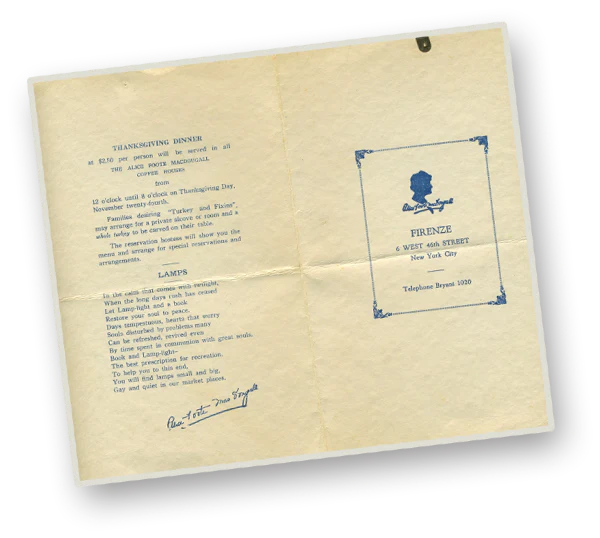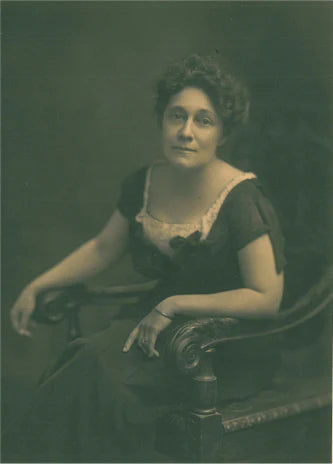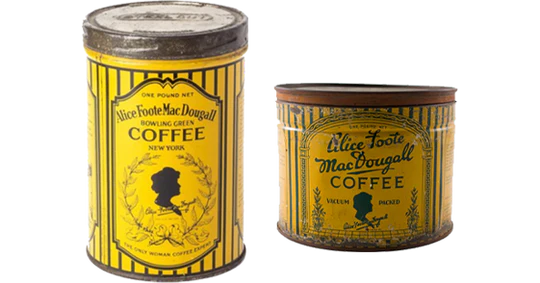
Alice’s journey

A single mother entrepreneur
Left alone to raise 3 children with only $38 in her bank account after the death of her husband, Alice decided that her talent for roasting green coffee beans would be useful to her friends, who served inferior coffees at their afternoon tea and coffee parties. In the early 1900’s, you could only buy green coffee beans at the grocer and then you had to roast them yourself at home. Alice sent out letters to 200 of her friends, offering to deliver freshly roasted coffee beans to their homes, and thus began her business, Alice Foote MacDougall Coffee & Teas.
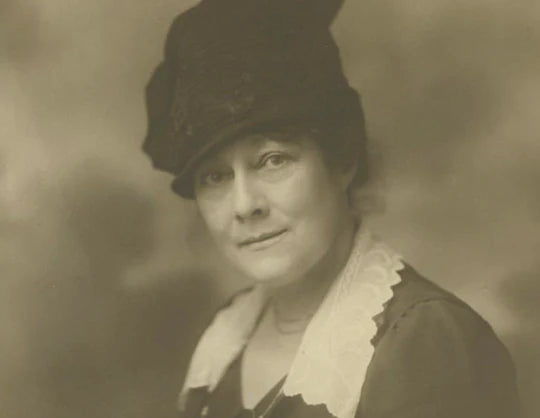
Achieving success as a
business woman
Bucking the male-dominated coffee business, Alice not only delivered coffee direct to consumers, but she also began selling to hospitals and colleges where she competed with men for accounts. Only 4ft 8’ tall, she was fearless and traveled by train and public transport to call on her accounts.

A coffee chain is born
To expand her business, Alice decided that she should try selling roasted coffee beans directly to the public. She leased a small kiosk in Grand Central Station, hoping to attract buyers from the busy travelers. Unfortunately, no one stopped to buy her roasted beans. One day, it was raining hard and she felt sorry for the bedraggled travelers. She sent for her waffle iron and began roasting fresh coffee on site while making waffles on her iron. Soon she had a line out the door of hungry customers who smelled the delicious aromas of waffles and coffee wafting from the kiosk.
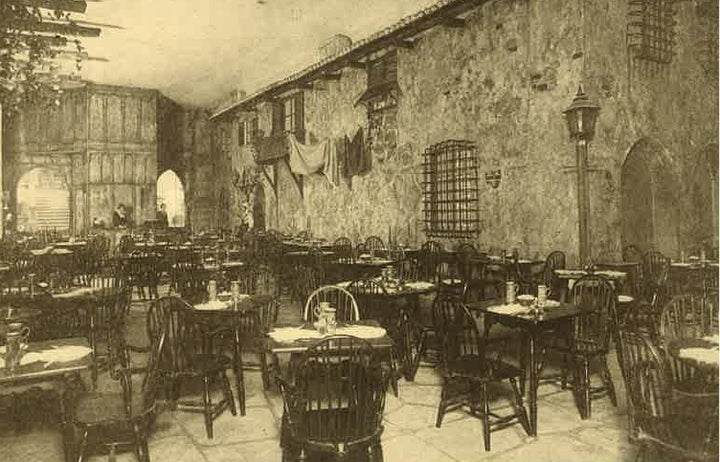
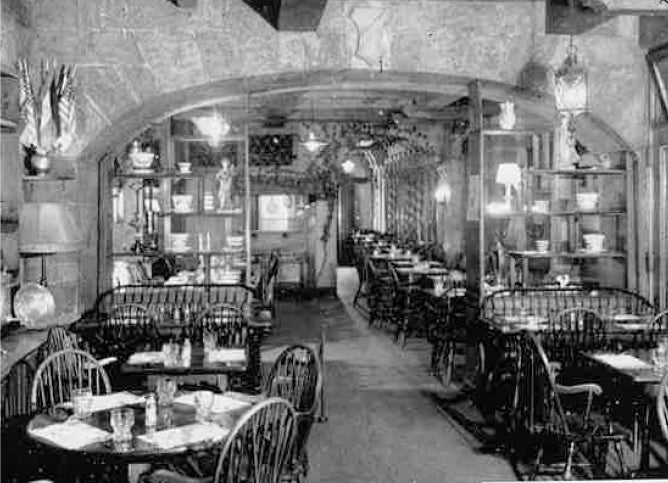
Bringing Italian Majolica pottery to the US
